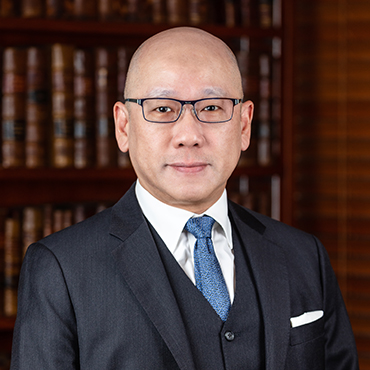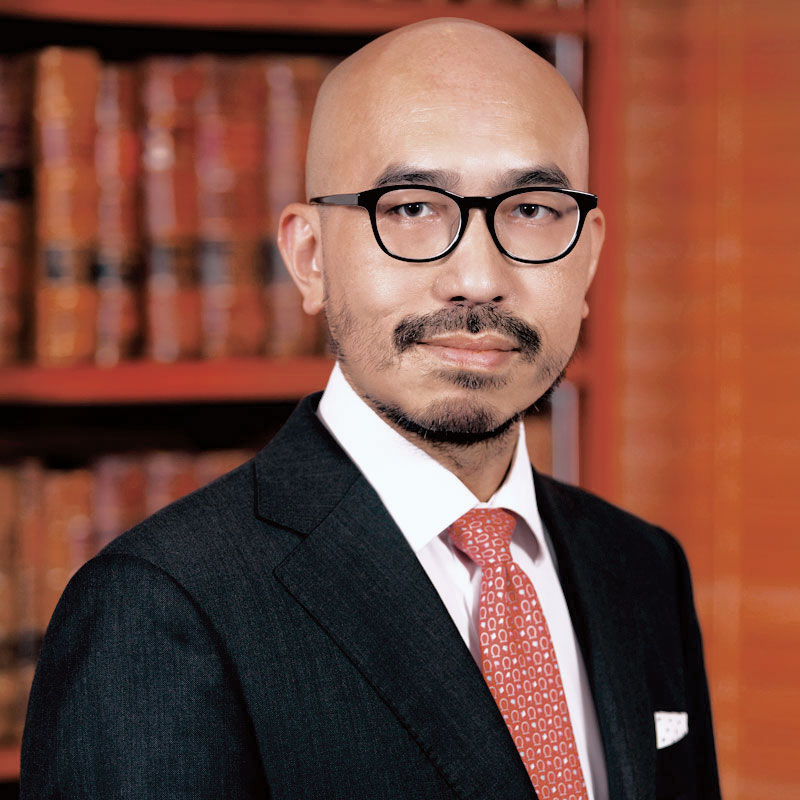Cheung Yuk Ying Engracia v MacGregor Isabella [2023] 3 HKLRD 164, [2023] HKCA 749 (Robert Pang SC)
Robert Pang SC and Agnes Kwong represented the plaintiff (appellant) and Steven Kwan and Joyce Lee represented the successful defendant (respondent) in Cheung Yuk Ying Engracia v MacGregor Isabella [2023] 3 HKLRD 164, [2023] HKCA 749.
P appealed against the judgment below, contending that the Trial Judge (the Judge) erred in finding that a transfer of shares by P to her younger cousin, D, was a gift, rather than pursuant to an oral trust agreement. P and D had been very close before falling out some years after the shares transfer. Both testified at the trial. The Judge did not find P to be a dishonest witness but noted that the absence of any document or direct message between the parties evidencing P’s intention at the time of the transfer of shares made the fact-finding exercise quite difficult. P’s case on appeal concerned, first, the Judge’s rejection of D’s evidence that a sum of $78,897 paid by her to P was a loan (first ground of appeal). The Judge found instead that the sum was attributable to two dividends in respect of the shares, although he found there was no pattern of dividend payments to P to evidence a trust arrangement. P submitted, inter alia, that the Judge’s rejection of D’s evidence impacted upon her credibility generally. The second ground of appeal was based on the evidence that P physically took back the share certificates from the broker, whose evidence was not available as he had passed away.
Held, dismissing P’s appeal, that:
- (1) The Court of Appeal was not entitled to interfere with a trial judge’s findings of primary fact unless it was satisfied, even though it did not have the advantages of receiving the evidence at first hand, that the judge’s conclusion on the facts was plainly wrong. The trial judge had observed “the drift and conduct of the case” and “ha[d] impressed upon him by hearing every word the scope and nature of the evidence in a way that is denied to any Court of appeal” (Kinloch v Young 1911 SC (HL) 1, Ting Kwok Keung v Tam Dick Yuen (2002) 5 HKCFAR 336 applied). (See para.28.)
- (2) Accordingly, to succeed in an appeal, the burden was on the appellant to demonstrate that the conclusion of fact the trial judge had reached was not one that was reasonably open to him on the evidence despite the advantages he or she enjoyed. The weight of the evidence was a matter for the trial judge. (See paras.28, 40.)
- (3) On the first ground of appeal, in assessing the witnesses’ credibility, even though the Judge found D’s evidence untruthful in one aspect, he was entitled to accept other aspects of her evidence. The rejection of D’s version did not prove P’s explanation or make it more probable. The Judge could not be faulted for considering the alternative possible explanations; he was not bound to make a binary choice between the parties’ versions; and his reasoning on this issue was unassailable (EPI Environmental Technologies Inc v Symphony Plastic Technologies Plc [2005] 1 WLR 3456 applied). (See paras.34-35, 37.)
- (4) On the second ground of appeal, the Judge had fully considered the incident in question and its evidential value and no error in his decision had been shown. (See paras.39, 40.)
- (5) The resolution of factual disputes between family members often posed challenges due to limited documentation and that commercial standards of behaviour may not be appropriate for gauging the parties’ conduct. The Judge had paid sensitive attention to the “subtle intricacies of feeling and conduct” of the parties and drew measured support from the relevant evidence for his conclusion, whilst acknowledging there were facts that arguably pointed in a different direction but were ultimately deemed insufficient to sway his decision (Thomas v Thomas [1947] AC 484 applied). (See para.41.)
[The above is excerpted from the headnote to the report in HKLRD.]




